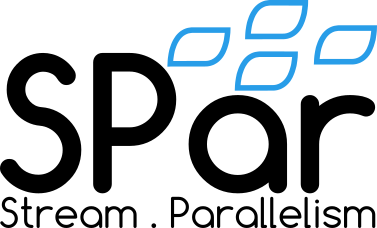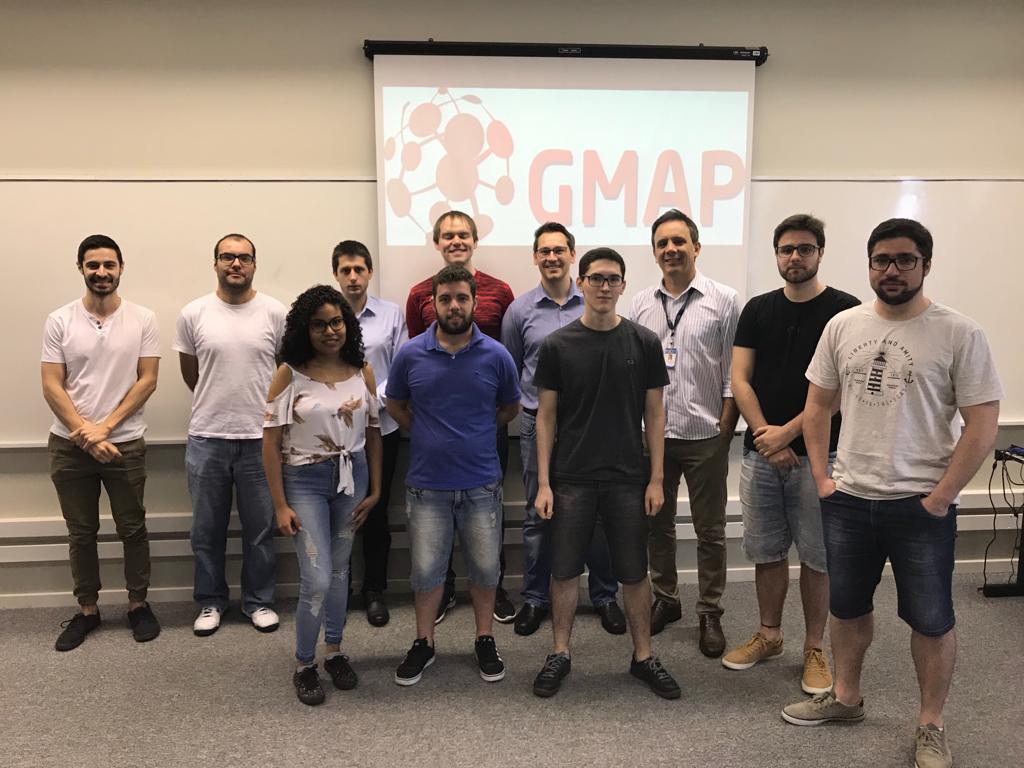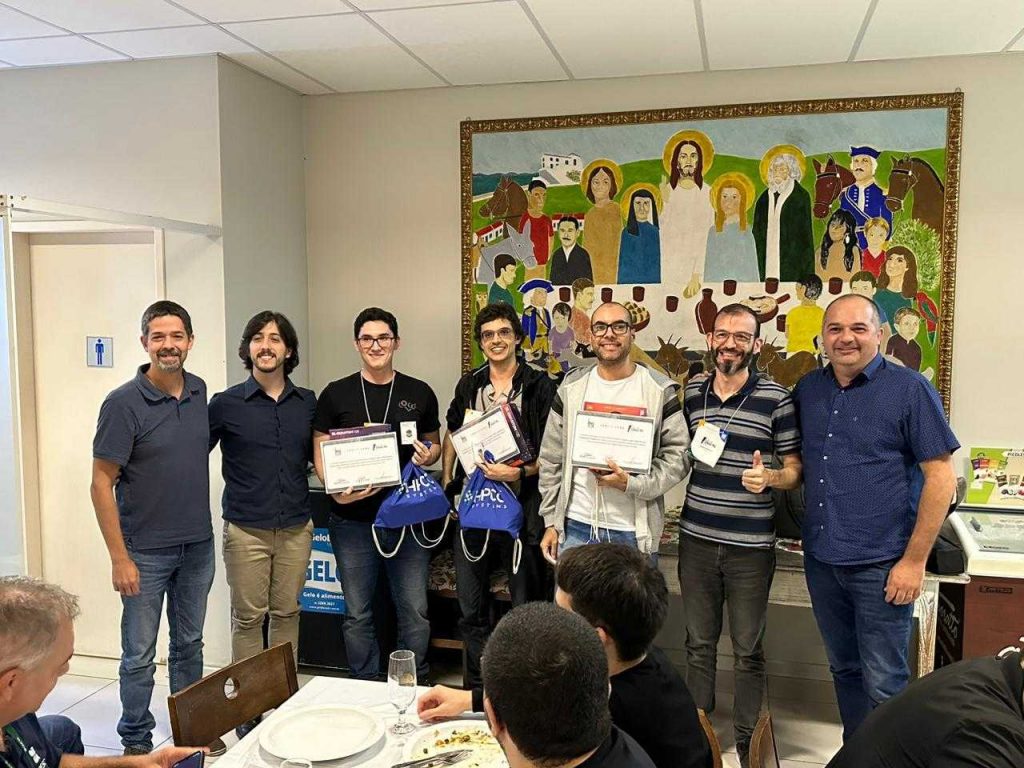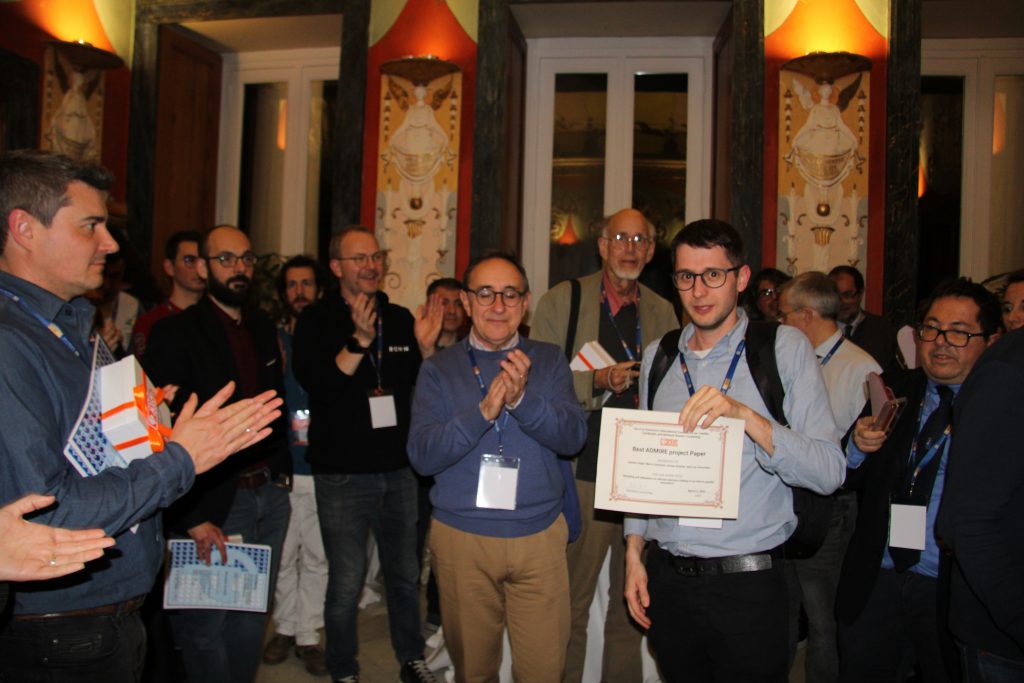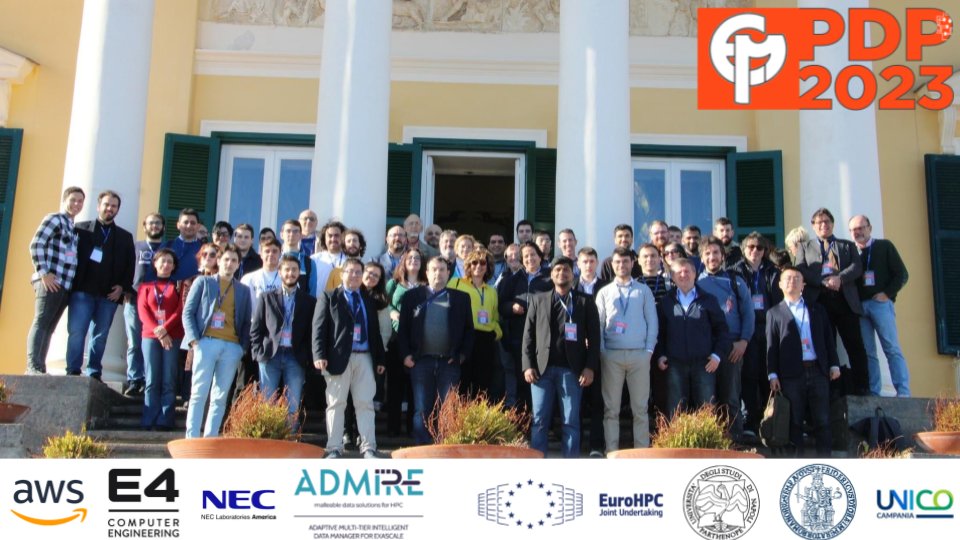2007 |
Avaliando o Desempenho de Rede em Máquinas Virtuais XEN com Arquitetura IA-64 Inproceedings 7a Escola Regional de Alto Desempenho (ERAD), pp. 49-50, Sociedade Brasileira de Computação, Porto Alegre, Brazil, 2007. |
Estratégias de Paralelização para Renderização de Documentos XSL-FO com Uso da Ferramenta FOP Masters Thesis PUCRS, 2007. |
2006 |
Parallel Self-verified Method for Solving Linear Systems Inproceedings 7th International Meeting on High Performance Computing for Computational Science (VECPAR), pp. 179-190, Springer Berlin, Rio de Janeiro, Brazil, 2006. |
High Performance XSL-FO Rendering for Variable Data Printing Inproceedings doi Proceedings of the 21st ACM Symposium on Applied Computing (ACM SAC), pp. 811-817, ACM, Dijon, France, 2006. |
Probe Effect Mitigation in the Software Testing of Parallel Systems Inproceedings Digest of Papers of the 7th Latin-American Test Workshop (LATW'06), pp. 153-158, IEEE, Buenos Aires, Argentina, 2006. |
Parallel Applications Modelling Group
GMAP is a research group at the Pontifical Catholic University of Rio Grande do Sul (PUCRS). Historically, the group has conducted several types of research on modeling and adapting robust, real-world applications from different domains (physics, mathematics, geology, image processing, biology, aerospace, and many others) to run efficiently on High-Performance Computing (HPC) architectures, such as Clusters.
In the last decade, new abstractions of parallelism are being created through domain-specific languages (DSLs), libraries, and frameworks for the next generation of computer algorithms and architectures, such as embedded hardware and servers with accelerators like Graphics Processing Units (GPUs) or Field-Programmable Gate Array (FPGAs). This has been applied to stream processing and data science-oriented applications. Concomitantly, since 2018, research is being conducted using artificial intelligence to optimize applications in the areas of Medicine, Ecology, Industry, Agriculture, Education, Smart Cities, and others.
Research Lines
Applied Data Science
Parallelism Abstractions
The research line HSPA (High-level and Structured Parallelism Abstractions) aims to create programming interfaces for the user/programmer who is not able in dealing with the parallel programming paradigm. The idea is to offer a higher level of abstraction, where the performance of applications is not compromised. The interfaces developed in this research line go toward specific domains that can later extend to other areas. The scope of the study is broad as regards the use of technologies for the development of the interface and parallelism.
Parallel Application Modeling
Team

Prof. Dr. Luiz Gustavo Leão Fernandes
General Coordinator
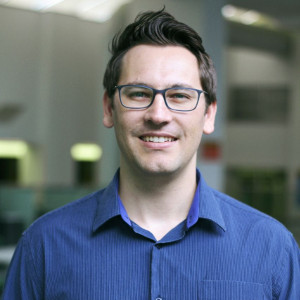
Prof. Dr. Dalvan Griebler
Research Coordinator
Last Papers
Projects
Software
Last News
Contact us!
Or, feel free to use the form below to contact us.



